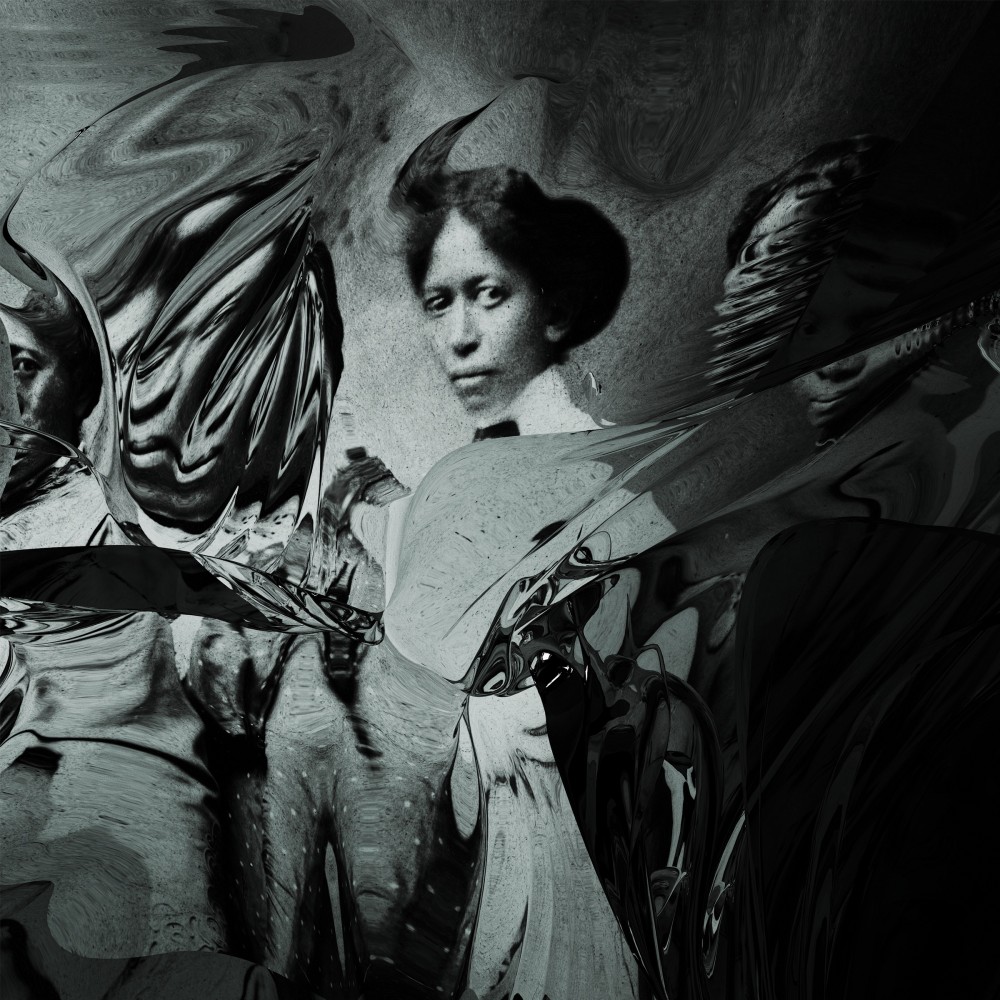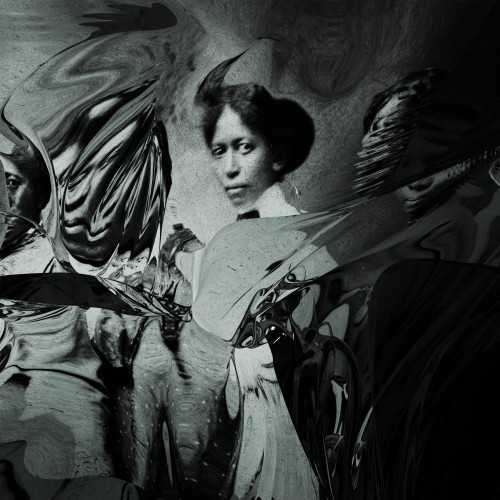
Annabel (lee)
On IF Music
BIOGRAPHY
The power of peace. Inspired by Edgar Allan Poe's renowned poem of untimely death, Annabel (lee) muses on the refrain “in a kingdom by the sea...” as she whispers from beneath the currents, “I shall never leave you”. The duo project, from Annabel (lee) and Richard E, invokes the haunting classicism of Claude Debussy and Erik Satie, intermingled with the quiet folklore of Nick Drake and Joni Mitchell, tipped with the jazz stylings of Miles Davis and Bill...
The power of peace. Inspired by Edgar Allan Poe's renowned poem of untimely death, Annabel (lee) muses on the refrain “in a kingdom by the sea...” as she whispers from beneath the currents, “I shall never leave you”. The duo project, from Annabel (lee) and Richard E, invokes the haunting classicism of Claude Debussy and Erik Satie, intermingled with the quiet folklore of Nick Drake and Joni Mitchell, tipped with the jazz stylings of Miles Davis and Billie Holiday.
Annabel and Richard met despite being divided by the Atlantic Ocean. She, a New York-based vocalist, was searching for a way out of the madness of monotony, singing jazz and cabaret standards by numbers. He, a London-based Yorkshire-man, was a highly respected though discontented dance music arranger/producer who knew it was only a matter of time before he would chance upon the river of uncharted waters. She no longer suppressed her enduring appreciation for English prose and poetry (as a child, she would spend countless days in a dreamlike state, memorising and reciting classics to anyone who would listen, often quietly to herself), and it was that love and ability to best express herself via her own poetic writings, combined with her vocal prowess, that allowed Annabel to creatively break free. His admiration for all things William Blake (in addition to similar artistic forms of Romanticism), combined with production and arrangement skills, paved the way for a distinct and definitive project of endless possibilities.
Finding one's true voice can take what feels like centuries, although well worth the wait. Is it more appropriate for jazz, classical, folk, or some mysterious type of cabaret? The answer lies perhaps somewhere in their midst. From the layers of the symphonic to the intimacies of the acoustic, Annabel (lee) suffuses all with ethereal magic.
Annabel (lee)
On IF Music
Latest News
BIOGRAPHY
The power of peace. Inspired by Edgar Allan Poe's renowned poem of untimely death, Annabel (lee) muses on the refrain “in a kingdom by the sea...” as she whispers from beneath the currents, “I shall never leave you”. The duo project, from Annabel (lee) and Richard E, invokes the haunting classicism of Claude Debussy and Erik Satie, intermingled with the quiet folklore of Nick Drake and Joni Mitchell, tipped with the jazz stylings of Miles Davis and Billie Holiday. ...
The power of peace. Inspired by Edgar Allan Poe's renowned poem of untimely death, Annabel (lee) muses on the refrain “in a kingdom by the sea...” as she whispers from beneath the currents, “I shall never leave you”. The duo project, from Annabel (lee) and Richard E, invokes the haunting classicism of Claude Debussy and Erik Satie, intermingled with the quiet folklore of Nick Drake and Joni Mitchell, tipped with the jazz stylings of Miles Davis and Billie Holiday.
Annabel and Richard met despite being divided by the Atlantic Ocean. She, a New York-based vocalist, was searching for a way out of the madness of monotony, singing jazz and cabaret standards by numbers. He, a London-based Yorkshire-man, was a highly respected though discontented dance music arranger/producer who knew it was only a matter of time before he would chance upon the river of uncharted waters. She no longer suppressed her enduring appreciation for English prose and poetry (as a child, she would spend countless days in a dreamlike state, memorising and reciting classics to anyone who would listen, often quietly to herself), and it was that love and ability to best express herself via her own poetic writings, combined with her vocal prowess, that allowed Annabel to creatively break free. His admiration for all things William Blake (in addition to similar artistic forms of Romanticism), combined with production and arrangement skills, paved the way for a distinct and definitive project of endless possibilities.
Finding one's true voice can take what feels like centuries, although well worth the wait. Is it more appropriate for jazz, classical, folk, or some mysterious type of cabaret? The answer lies perhaps somewhere in their midst. From the layers of the symphonic to the intimacies of the acoustic, Annabel (lee) suffuses all with ethereal magic.

